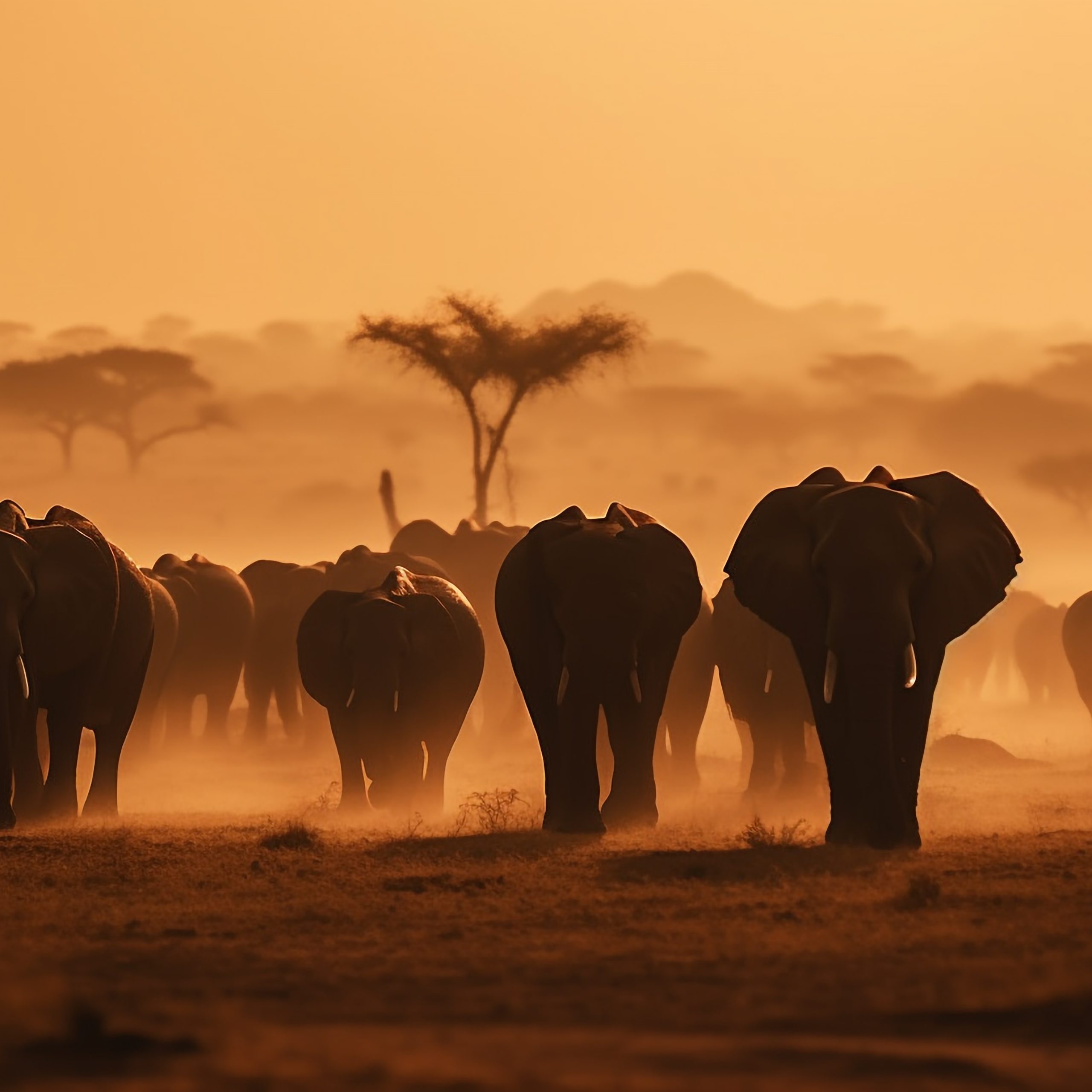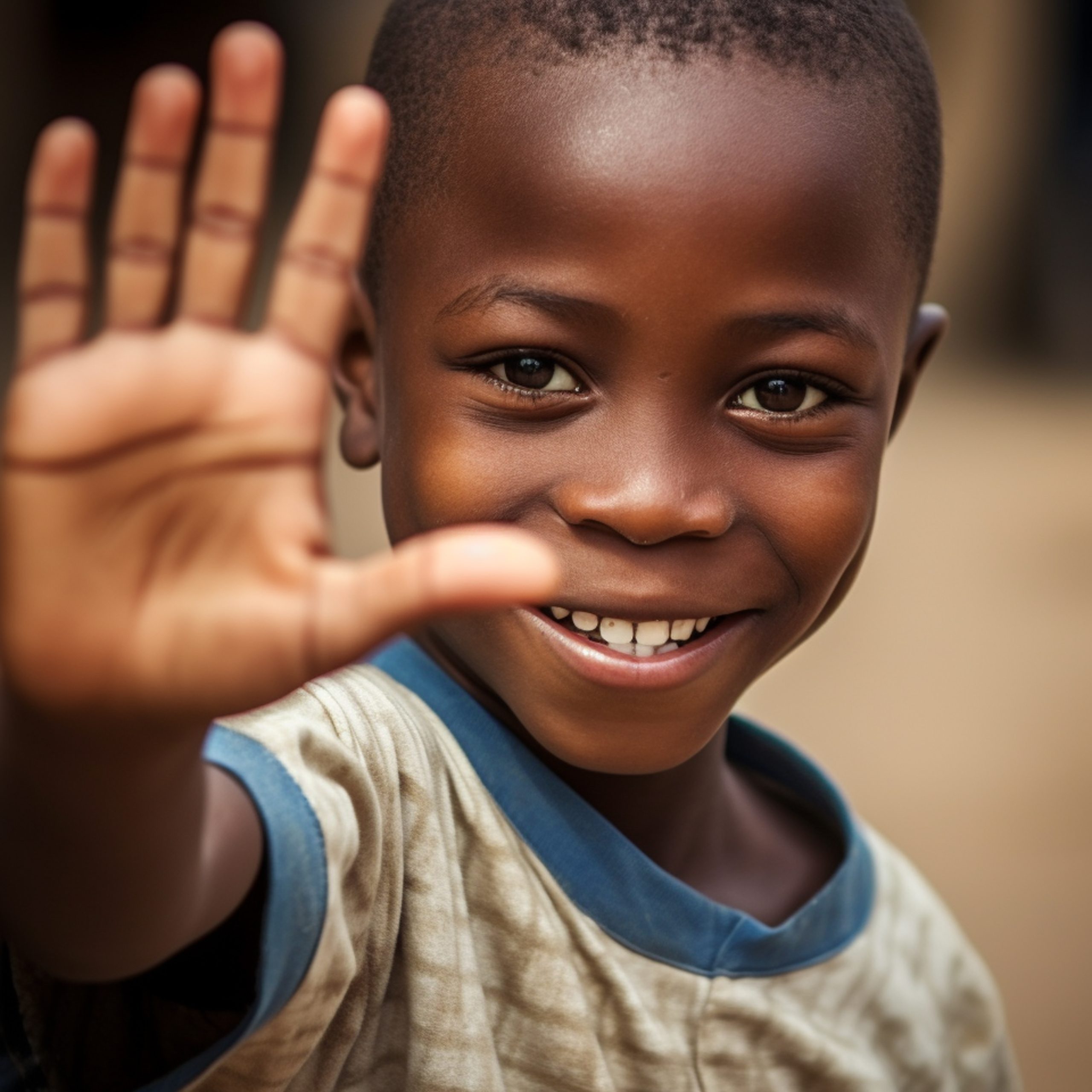MAURICE MPOLO : A FIERCE HERO OF DRC INDEPENDANCE
By Reagan Baseya Mbungu updated on June 27, 2024
While the world remembers Patrice Lumumba as one of the emblematic figures in the struggle for the independence of the Democratic Republic of Congo, it’s important not to forget his fervent collaborators in this cause: Maurice Mpolo and Joseph Okito. In this article, we retrace Maurice Mpolo’s career. Indeed, his commitment and dedication alongside Lumumba and Okito left an indelible mark on the history of the DRC that is little known, and helped free the entire Congolese nation from the colonial grip of Leopold II, who had reigned since the 19th century, in 1885.
Premises
Maurice Mpolo was born on March 4, 1928 in Inongo, in the former Province of Léopoldville, to Mpolo Édouard and Bokako Tecle. Originally from Lac Mai-Ndombe, formerly Lac Léopold II, he came from a Christian Catholic family and was married to Catherine Wale. They had four children, two girls and two boys, of whom Jacqueline and Maurice Mpolo, the best known to the public, have been striving for years to preserve their father’s legacy.
He attended primary school at the Ecole Normale d’Inongo before spending two years at the Petit Séminaire de BOKORO. He then continued his studies at the École Moyenne Sainte-Anne in Léopoldville.
Before embarking on his professional career, Maurice Mpolo learned to type and took correspondence courses in law. He also interned with Maître Gentil, where he developed an interest in the law and strengthened his critical faculties.
In the course of his professional life, Maurice Mpolo held various positions, including at Chanic, at the Zongo hydroelectric dam, and as a court defender at the “cité Indigène” near Place Cabu, now known as the Stade des Martyrs.
In 1957, while working as a judicial defender, Maurice Mpolo was imprisoned in Makala for defending a fellow Congolese unjustly accused of drinking red wine.
He then went on to serve the nation in various public services, notably as an accounting officer in the police force and in the national security identification service. After leaving the police force, he turned to public administration, working successively at Immoaf and Forces du Bas-Congo, now Kongo Central.
After joining the civil service, Maurice Mpolo was posted to his home town of Inongo.
Political turning point
A major political turning point in Maurice Mpolo’s career came when he decided to leave his position in the public administration to devote himself fully to politics.
In 1958, at a meeting in Leopoldville, Maurice Mpolo met Patrice Emery Lumumba. A relationship of mutual respect and esteem quickly developed between the two men, characterized by their courage and determination in the struggle for DRC independence. Maurice Mpolo became a trusted collaborator and staunch defender of Patrice Lumumba.
His commitment to the independence of the DRC was exemplary, standing shoulder to shoulder with his compatriots in the struggle against colonial oppression. His determination and courage were pillars of resistance against foreign interference and the quest for freedom for his country.
In 1960, following his participation in the two-part Brussels Round Table between Congolese political representatives and traditional chiefs on the one hand, and Belgian public and economic leaders on the other, an event that resulted in the adoption of sixteen resolutions on the future of the Belgian Congo, including a major consensus on the date of independence of the future state, set for June 30, 1960, and the organization of its institutions, Maurice Mpolo travelled to Conakry, Guinea, to attend a conference on Pan-Africanism. He was also part of the delegation that accompanied Prime Minister Patrice Lumumba to the United States of America on July 22, 1960.
Despise beyond limits
In his interview with the newspaper Le Phare published on July 15, 1996, and I quote:ʺ Lumumba’s major mistake was to give command of the army to Mobutu instead of Mpoloʺ.
This unusual situation was not without attracting the jealousy and hatred of certain people, particularly in Belgium and at home. But later, at the request of Prime Minister Lumumba, Maurice Mpolo gave up his military duties and was replaced in that post by Colonel Mobutu, in order to devote himself to his Ministry of Youth and Sports and to the Party.
He served as Minister of Youth and Sport in Lumumba’s first government, demonstrating his ability to handle multiple responsibilities. Indeed, in addition to his ministerial duties, Maurice Mpolo also assumed the roles of Colonel, Chief of Military Operations, then Brigadier General after the departure of General Janssens, former Commander-in-Chief of the Public Force.
Maurice Mpolo symbolise l’esprit de courage et de détermination qui a caractérisé la lutte Maurice Mpolo symbolizes the spirit of courage and determination that characterized the DRC’s struggle for independence. His legacy is a reminder of the importance of remaining faithful to the ideals of freedom and justice for which he fought, and an example to follow for all Congolese and for the whole world.
As National Deputy and Provincial President of the Congolese National Movement in Kinshasa, Maurice Mpolo was renowned for his eloquence, strength of mind and outspokenness. He was appointed by his peers as spokesman for the Nationalist group in the Chamber of Representatives in Parliament, foreshadowing increasingly important political responsibilities.
A tragic end
Subsequent events reveal that Mobutu, perceived as an ally of Belgian interests, turned into a detrimental element for the country. He overthrew Lumumba’s government and ordered the arrest of Lumumba and his collaborators.
On the morning of December 3, 1960, according to the testimony of Lieutenant Nkiey, in charge of taking Maurice Mpolo to Stanleyville via Inongo, his home region in today’s Bandundu province, a tragic event took place. Arrested in Mushie on the orders of the local Territory Administrator, Jacques Ngaa Ilanga, acting under the instructions of Victor Nendaka, General Administrator of the National Security, Mpolo had to wait for Nendaka’s arrival in Mushie before being taken in charge personally.
From Mushie, Maurice Mpolo was taken to Kinshasa, then transferred successively to Camp Léopold II (Camp Kokolo), Camp Hardy in Thysville, and finally to Katanga, where he was assassinated alongside Lumumba and Okito. Their disappearance has left the nation in a state of deep questioning.
It’s important to remember that these men were visionaries, ahead of their time, seeking the necessary support to guide a country still marked by inadequate education, division and the after-effects of colonialism.
The question remains: what would Congo’s destiny have been if these three personalities had been able to bring their ideas to fruition?
A belated recognition but a continuing legacy
Despite the fact that the ideals defended by Maurice Mpolo often remain associated with the emblematic figure of Lumumba, it took many years for him and Joseph Okito to finally be decorated as “grand officers” of the Kabila-Lumumba National Order of Heroes in a moving ceremony on June 30, 2022. In the historic room where Lumumba delivered his speech on the DRC’s accession to national and international sovereignty, the portraits of Joseph Okito and Maurice Mpolo framed the coffin containing the relic of the first Congolese Prime Minister. In the presence of representatives of the three families, the diplomatic corps and international guests, the ceremony began with the laying of wreaths by the representatives of the countries present.
For years, the Mpolo and Okito families have fought to obtain recognition commensurate with their status as national heroes, but have only been awarded the title of “grand officier”, a title deemed inglorious in comparison with the sacrifices and deeds accomplished for the Congolese nation by these two families.
“We’re shocked, we’re stirring the knife in our hearts. It hurts us to see that three people who died for the same cause, the same ideals, ended their lives together, their blood, their lives fused, and now they want to detach them”, said Jacqueline Mpolo, Maurice Mpolo’s eldest daughter, a few years ago. She wondered why there was no place dedicated to Joseph Okito and Maurice Mpolo, either in Parliament or at the Palais du peuple where Okito used to sit.
The two families were not content with this partial recognition, and to this day, the Maurice Mpolo Foundation, established by his son bearing the same name, is an association that promotes the human values and key ideas that guided Maurice Mpolo’s political, social, economic and spiritual life. It provides a space where many people can find inspiration and continue to perpetuate his legacy.
As we approach the 64th anniversary of our independence, it is essential for the Congolese nation and our general history to remember Maurice Mpolo, Joseph Okito and all those who sacrificed their lives so that the DRC could enjoy its freedom and independence. Their courage and determination forged this country and continue to inspire present and future generations to pursue the fight for a better and fairer future for all Congolese.
Together, let us wish all Congolese a happy June 30th, celebrating independence and honouring the memory of the heroes who made this freedom possible.
Long live the Democratic Republic of Congo, long live Maurice Mpolo, long live freedom!



